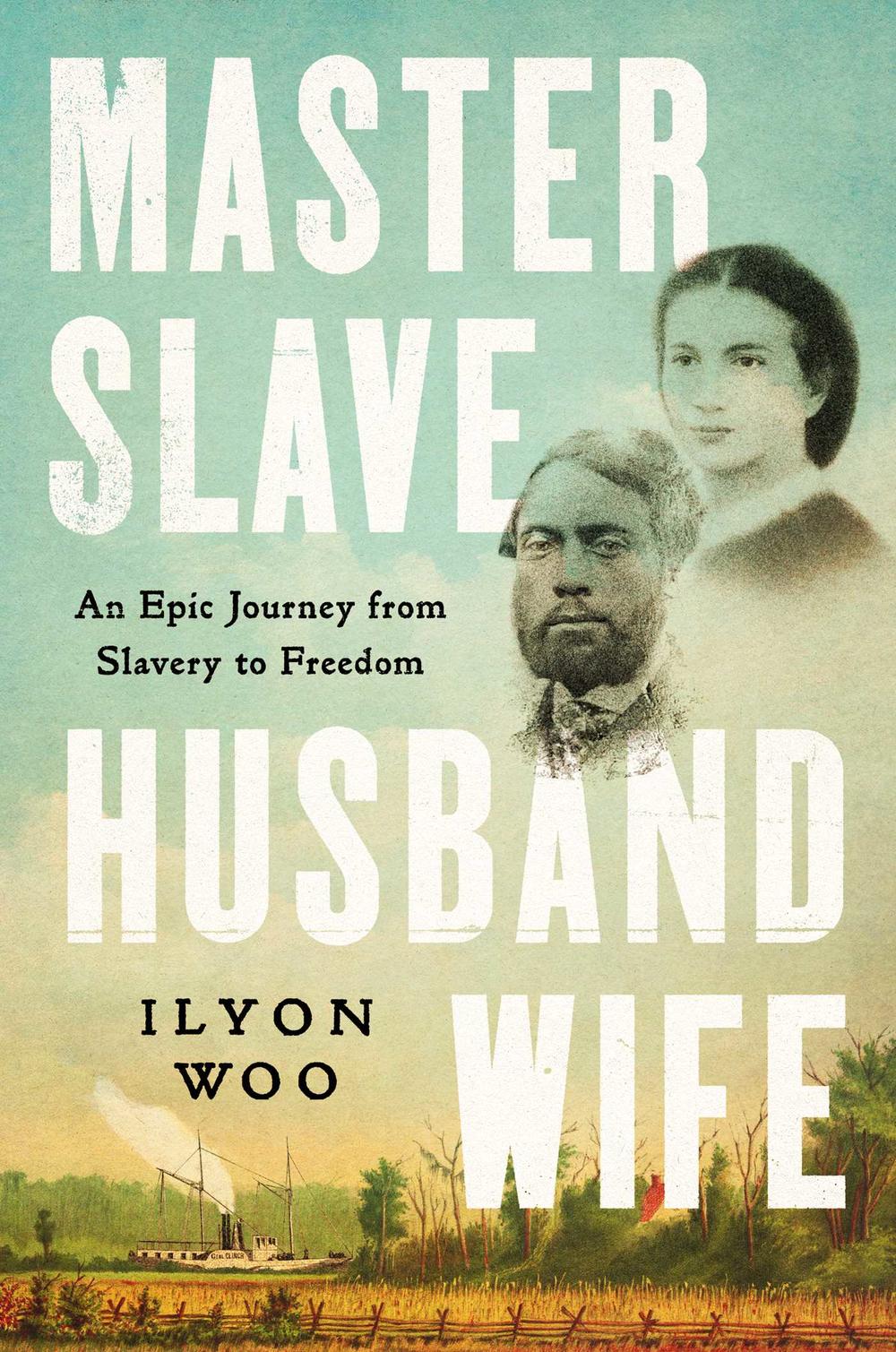
Section Branding
Header Content
Macon couple's daring escape to freedom unfolds in new book
Primary Content
LISTEN: An enslaved Macon woman disguised herself as a free man. Her husband pretended to be his slave. And they both boarded a train for freedom. GPB's Orlando Montoya speaks with author Ilyon Woo about the book she wrote about the journey: "Master Slave Husband Wife."

In 1848, two enslaved Macon residents boarded a train to freedom.
Domestic worker Ellen Craft disguised herself as a sickly white man of privilege seeking medical care in the North. Her husband, cabinet-maker William Craft, pretended to be his slave.
Their daring escape, including by ship through Savannah, is documented in a new book, Master Slave Husband Wife by author Ilyon Woo.
GPB's Orlando Montoya recently spoke with Woo about the Crafts and her book.
Partial transcript:
Orlando Montoya: How did you first learn about the Crafts and what about their story attracted you as a writer?
Ilyon Woo: Well, I was drawn to the Crafts through their own words, through their own story. The Crafts are known for this incredible escape that they made. But it didn't stop there. Even once they achieved this nominal freedom in the free states, they continued to tell their story on the road. They were — became media sensations and they were really inventive as storytellers. And eventually, 12 years after they escaped Georgia, they wrote and published an incredible narrative called Running a Thousand Miles to Freedom. And that was my first point of contact with the Crafts.

Orlando Montoya: Well, let's go back to the beginning, perhaps. What was life like for the couple in Macon?
Ilyon Woo: So this is the interesting thing. Oftentimes, when you have popular imaginations of slavery and enslaved people, there's imaginings of these large plantations and cotton plantations. That wasn't the reality of enslavement for William and Ellen Craft. They were urban, to begin with, and they were both in what they would call positions of relative privilege. Ellen was a skilled seamstress. William was also a skilled artisan. He was a very talented cabinetmaker. And so he, too, had more movement and more ability to earn wages, for example.
Orlando Montoya: How did Ellen's work as a domestic worker prepare her for this trip?
Ilyon Woo: I think, in so many ways. First of all, she had access to news and information, being inside the household and being so in such close proximity with her enslavers. She also had the opportunity to study the movements of and the behaviors and the language of these enslavers. And in fact, from childhood, she had to really learn what those markers were because she was so desperate not to be mistaken for a child of the household. So she had to learn and internalize those lessons of what did a master look like? How did a master move and how did they speak in contrast to an enslaved person as herself?
Orlando Montoya: Have you counted up the number of times that their disguise could have been revealed on this trip?
Ilyon Woo: I don't think I've counted because there were so many of them. I mean, it's just — at every possible turn. It was a a story that, even though I knew what was going to happen, I was kind of at the edge of my my own seat as I was writing it, because it really seems impossible that they're going to make it with all the — really, all the challenges they face on the road.
Orlando Montoya: Was there ever a moment when you thought that this book could be done as a work of historical fiction by, for example, inventing dialog?
Ilyon Woo: Well, I'm sure it could be. I think it could make a fabulous play. I think there's so many different ways to interpret this story, and I hope there'll be other artists and filmmakers and musical writers who will jump in and do that. But for me, that was never a possibility. I guess I wanted to honor the Crafts by presenting everything I could factually and not putting myself in there by imagining anything.

